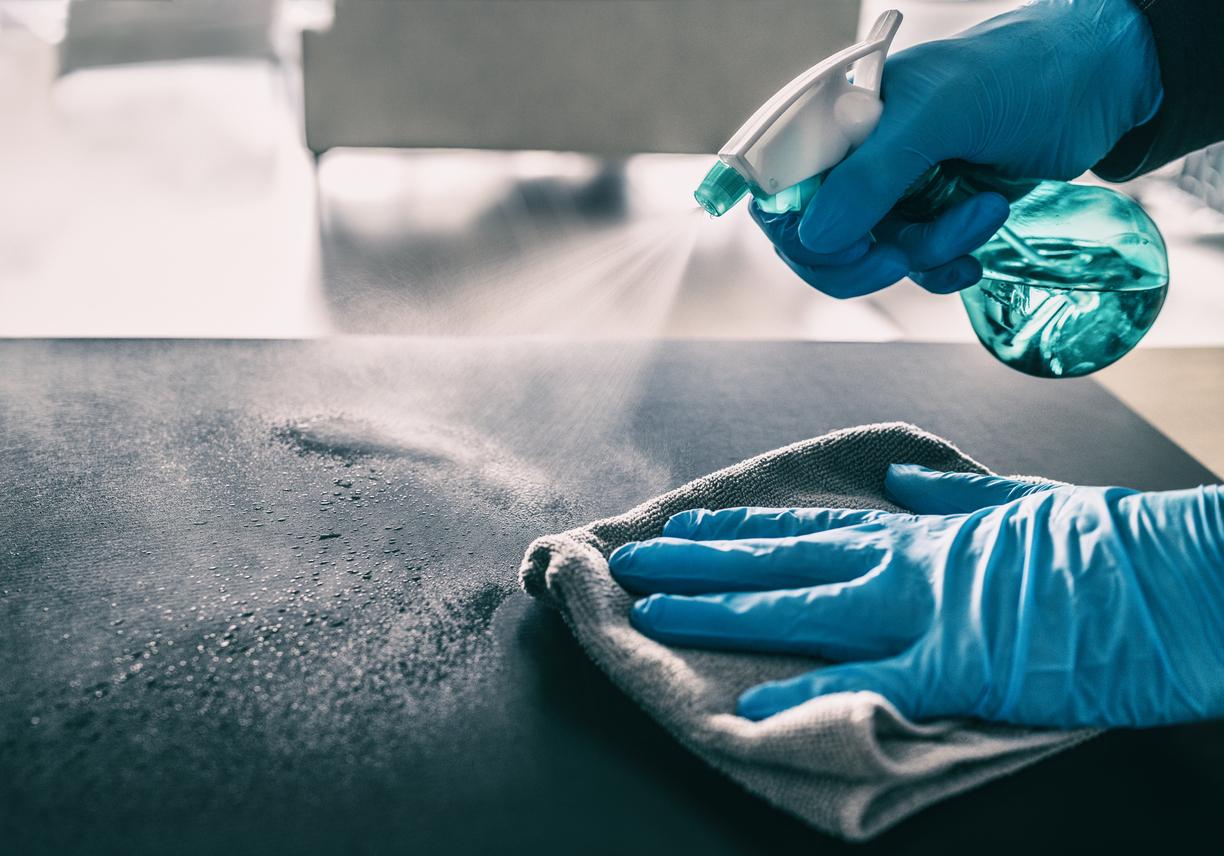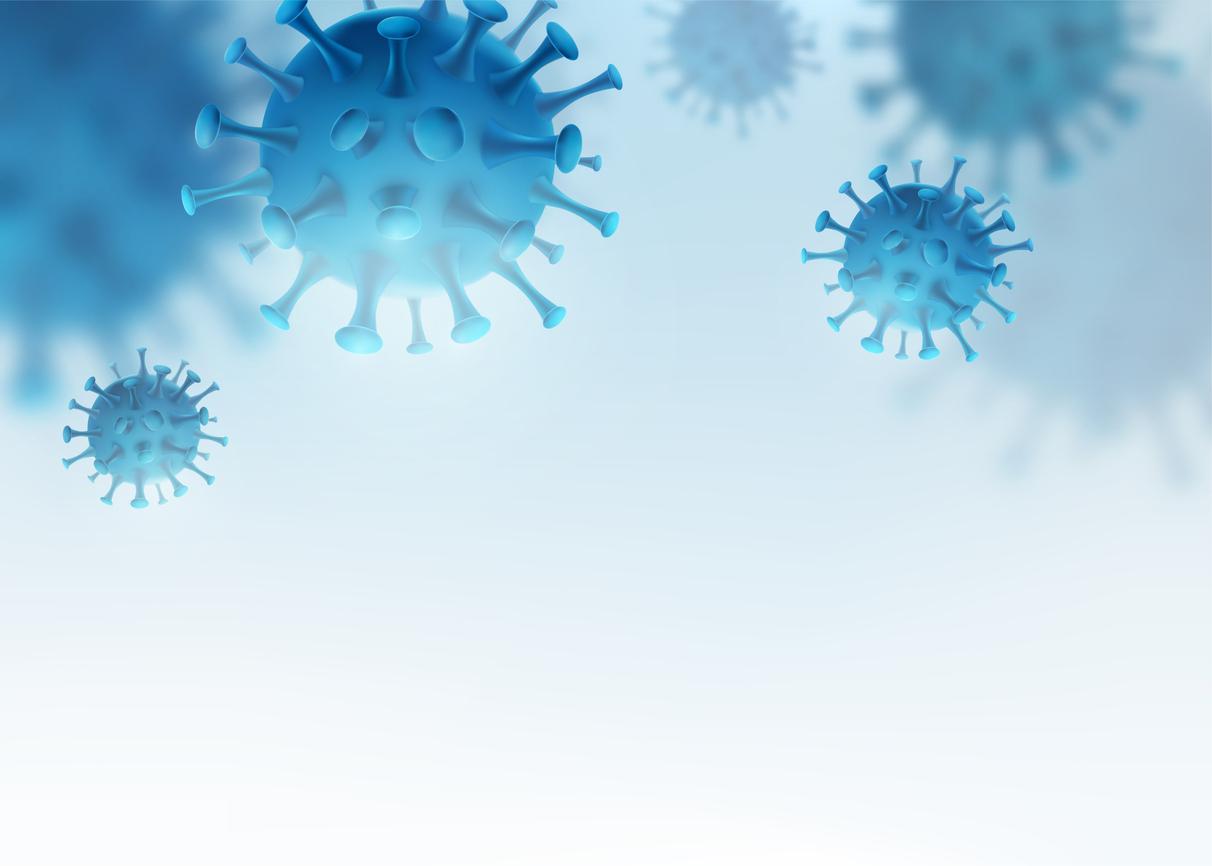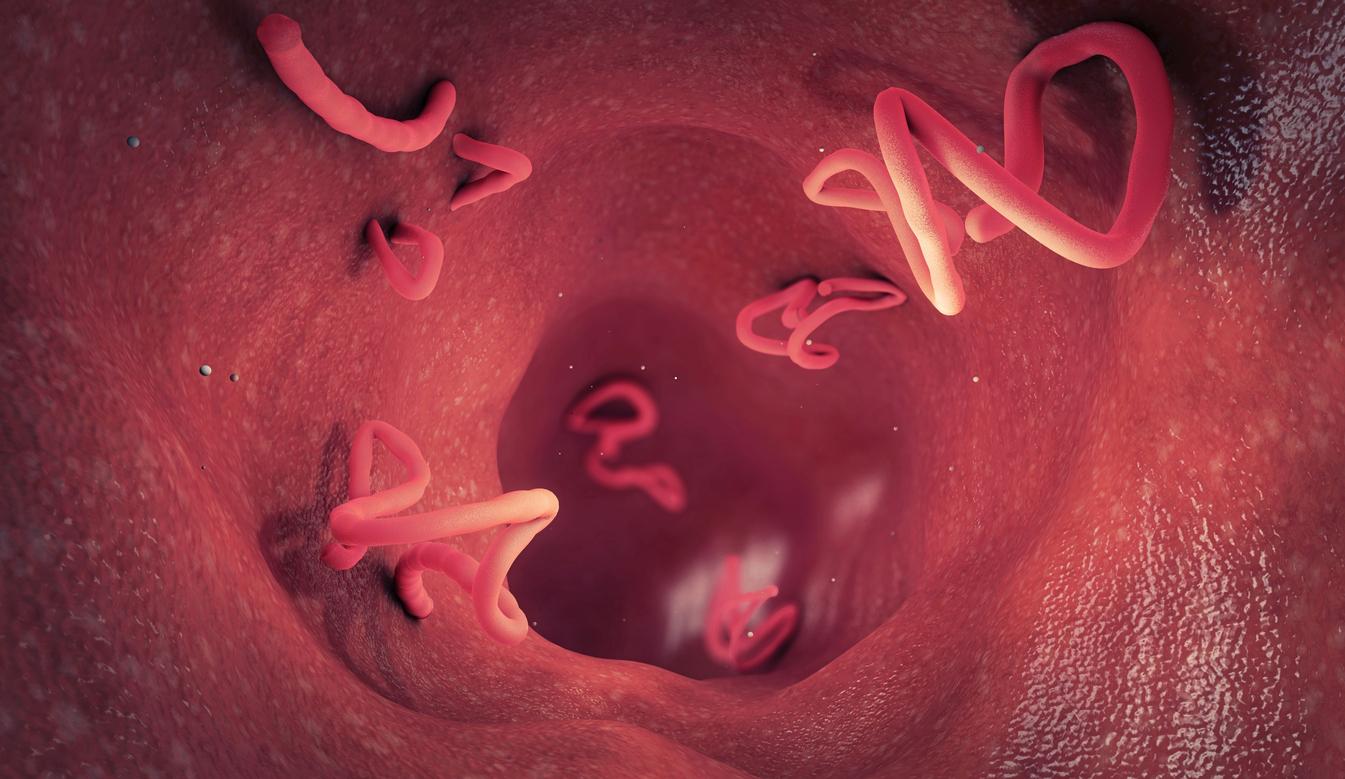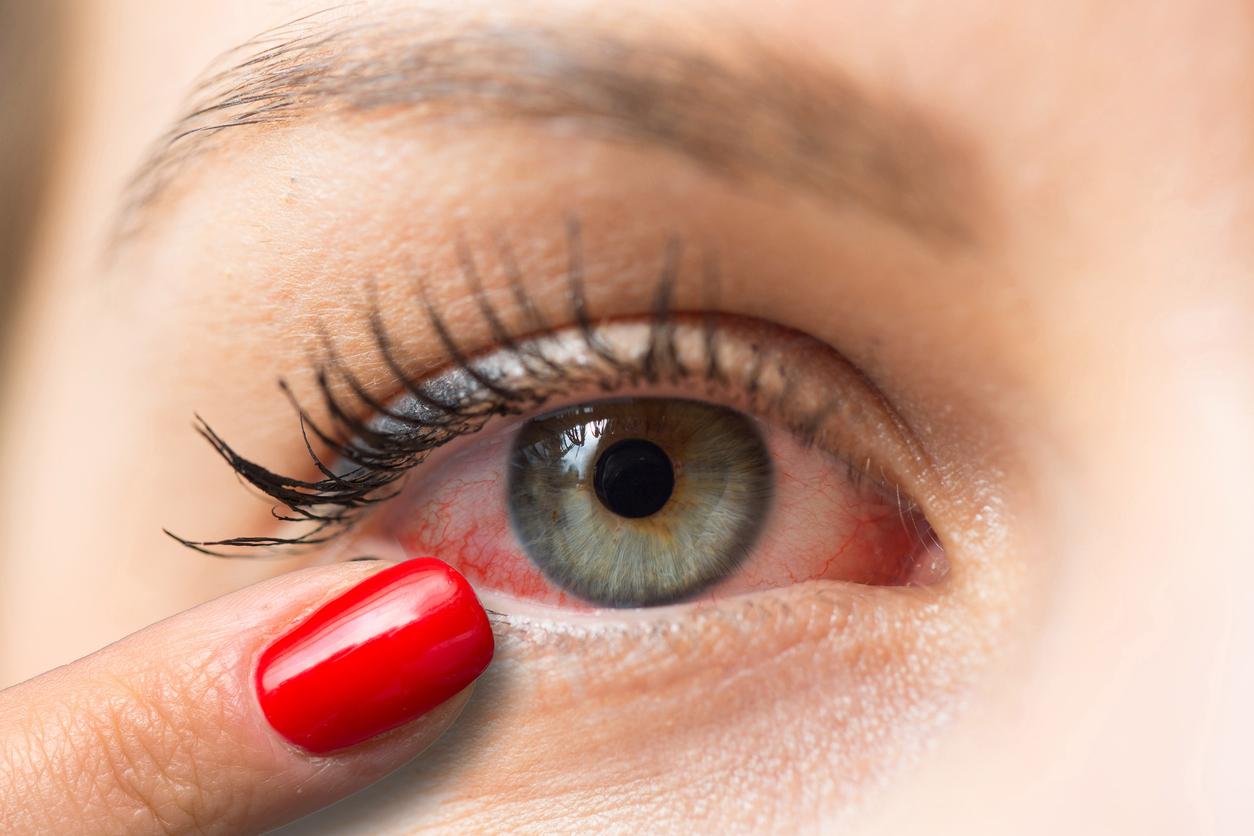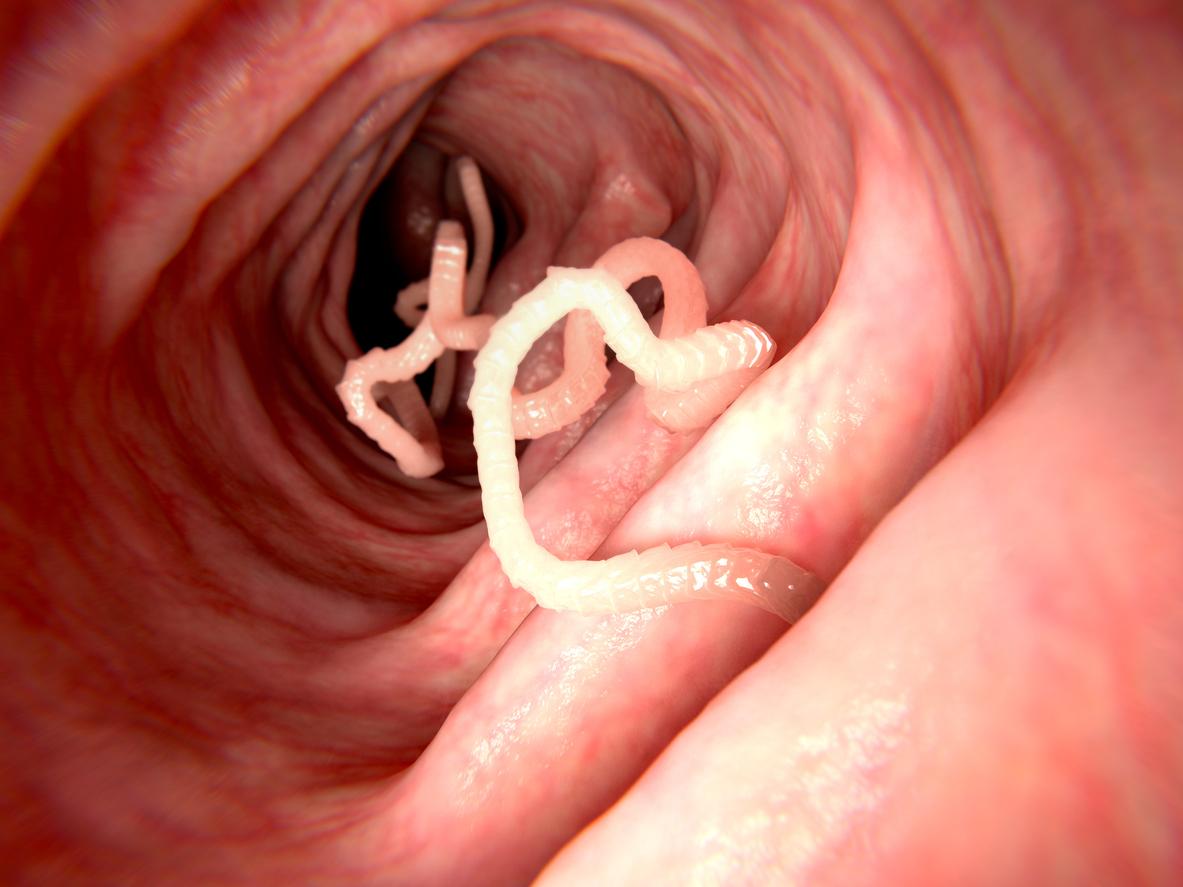Pathogens would be waiting for the right time to infect us. And this period is dependent on the circadian rhythms of the immune system.

Our body is more vulnerable to infections at certain times of the day, suggests a study published in Scientific Reports. A vulnerability that would have nothing to do with a variation in ambient temperature. No, it’s more astonishing than that.
Researchers at McGill University and the Douglas Mental Health University Institute (Canada) have shown that the parasite responsible for leishmaniasis is more likely to infect living things in the early evening. For this microbe, this is the ideal period because it corresponds to the moment when the immune reaction is strongest. In other words, the period during which white blood cells are the most active and the most numerous.
At first glance, this mechanism seems paradoxical. It is, indeed, surprising that a pathogen falls into the mouth of a wolf. But in reality, this process is very ingenious. Parasites of the genus Leishmania need white blood cells to infect the body. Thus, the more these immune cells, the greater the risk of contamination.
Develop means of prevention
And to be even more effective, the parasite is transmitted by an insect vector, the sandfly, which mainly stings at nightfall. “We already knew that viral and bacterial infections were controlled by the biological clock of our immune system, but this is the first time that we have shown this for a parasitosis, and in particular a disease transmitted by a vector. “
This discovery made in mice should contribute to the development of treatments and even preventive approaches against leishmaniasis. At present, there is no vaccine or prophylactic treatment to protect against this disease which affects more than 2 million people worldwide.
.











